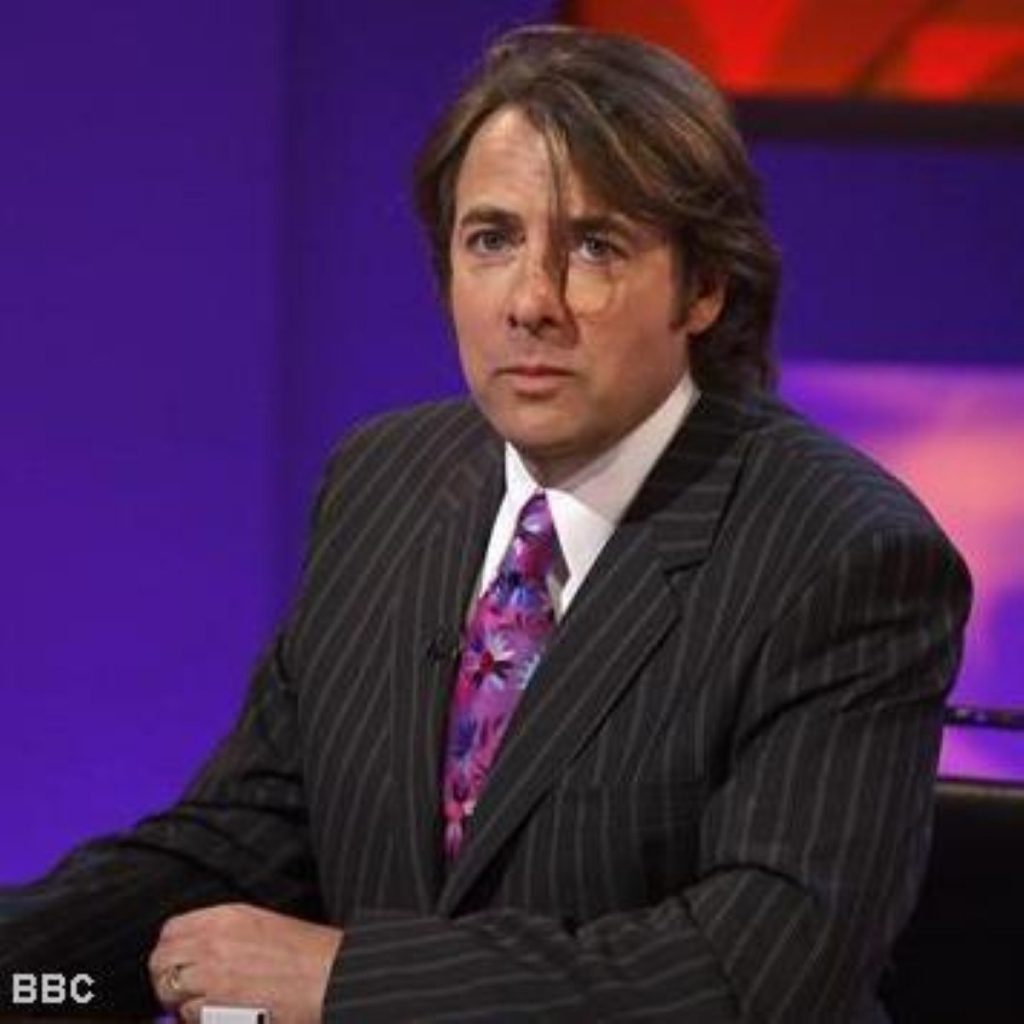BBC stars pay ‘should be made public’
By Laura Miller
Salaries of the BBC’s highest paid talent should be revealed to encourage greater transparency within the media industry, according to the Tories.
Shadow culture minister Ed Vaizey will today criticise the BBC for raising salary expectations amongst stars by keeping the salaries of its ratings winners secret.
“The BBC actually pushes up the price of talent with its interventions,” Mr Vaizey will say. “We will ensure that the BBC publishes fully audited accounts which will include details of the salaries of all its top talent.”


A BBC Trust report last year cleared the corporation’s management of “systematically pushing up prices in the talent market”.
But Mr Vaizey will claim the BBC tries to compete with the private sector on top talent salaries, which conflicts with its role as a public service broadcaster with guaranteed revenue streams.
Under the Tories the BBC would be forced to reveal what it pays for top earners like Jonathan Ross, who is reportedly paid £6 million a year by the broadcaster.
Mr Vaizey will make his speech 24 hours before Ross’ controversial return to BBC One with his Friday night chat show, following his three month unpaid suspension over the “Sachsgate” affair.
Ross and co-host Russell Brand caused an outcry by leaving a series of offensive messages on the voicemail of the actor Andrew Sachs. The messages were then broadcast on Mr Brand’s Radio 2 show.
In the speech to the Oxford Media Convention Mr Vaizey will condemn Ross, and the BBC for paying him.
“The Ross/Brand row was not just about bad taste, though of course that was important,” Mr Vaizey will say. “It was also about the huge amount of money the BBC is paying Jonathan Ross and other stars.”
Mr Vaizey’s speech comes just days before the new communications minister, Stephen Carter, lays out the government’s policy on broadcasting in his interim Digital Britain report.
Mr Vaizey is expected to say that Mr Carter’s appointment has sidelined the culture secretary, Andy Burnham, and that the government is guilty of “dithering” about broadcasting policy.









